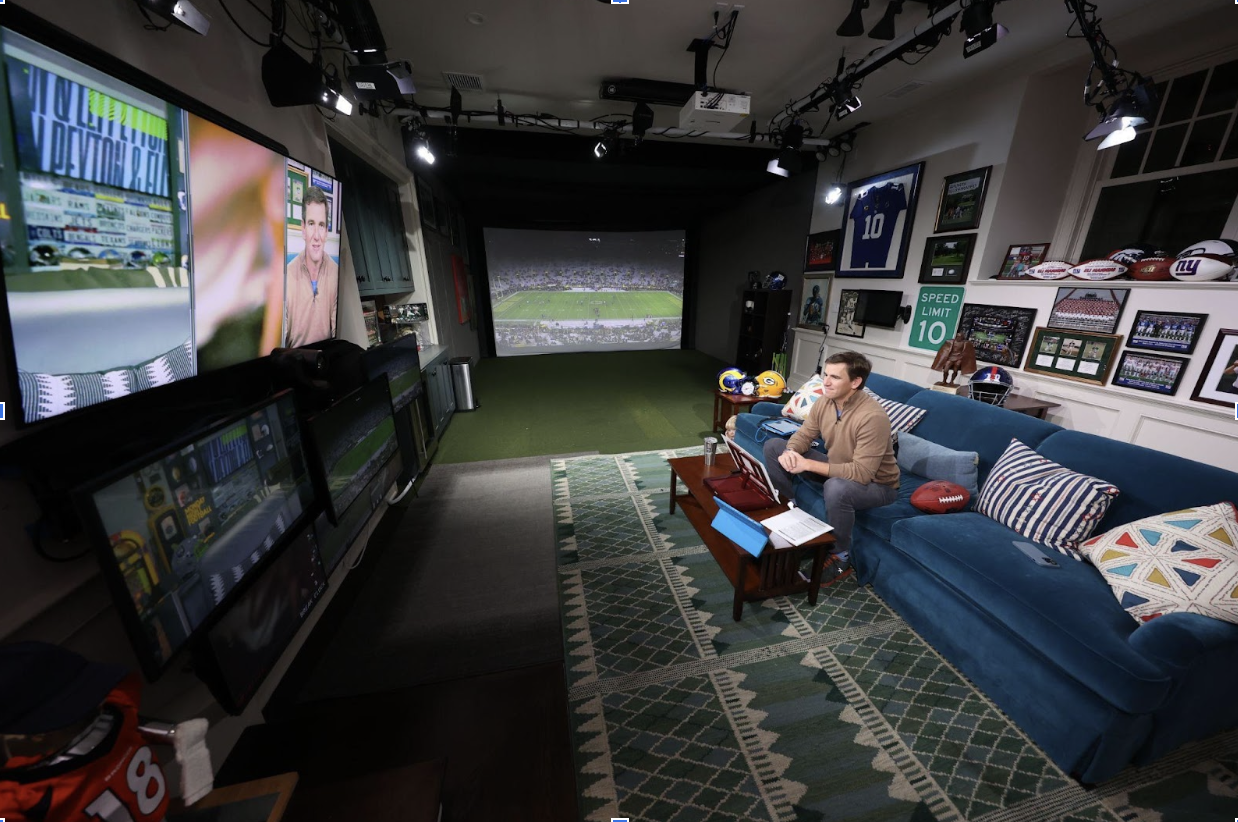How I Learned to Live With Epilepsy
When I was 17 years old, I was diagnosed with Juvenile Myoclonic Epilepsy (JME). It was challenging to feel abnormal after being “healthy as a horse” for my entire life. When doctors explained that something was wrong with me, it was more upsetting than the actual diagnosis.
When I found out I had epilepsy, my world was flipped upside down, and I did not know how to cope with it. At first, I lashed out at doctors who were there to help me. I did not want to accept that I was any different than anyone else. It was hard to adjust to no longer being able to drive, struggling with the side effects of medication, and embarrassment at school from the looks of pity people gave me.
Seeing people’s opinions of me change, when all I wanted to feel was normal, was the worst part for me. I fell into extreme depression and sadness thinking nothing would ever be the same.
It took a while to begin to feel like myself again, but now, I am a 20-year-old married dog mom who lives in the great state of Arkansas. I want to complete my education and eventually be an advocate for people who are living with epilepsy.
In reading other people’s journeys with epilepsy, I have found comfort in knowing that other people have been in my shoes. It was not until recently that I made the choice to accept that I live with epilepsy, and I want to not only help other people with epilepsy but aid in raising funds for research and treatment.
It is my hope that epilepsy can be normalized and accepted. I also hope that education about epilepsy in school does not remain what I have found to often be biased or misleading. Even after living with epilepsy for years, I learn something new about it every day.
I hit rock bottom, but it did get better, and I want to give other people with epilepsy hope that it will get better for them too, even if it does not seem like it right now.
While things are not always completely back to normal for me either, I have learned how to cope with this new life, and I believe you will too. It takes time to learn to live with it, so surround yourself with loved ones, hobbies, and give yourself the time to process your situation and next steps forward.
Find Your Local Epilepsy Foundation






